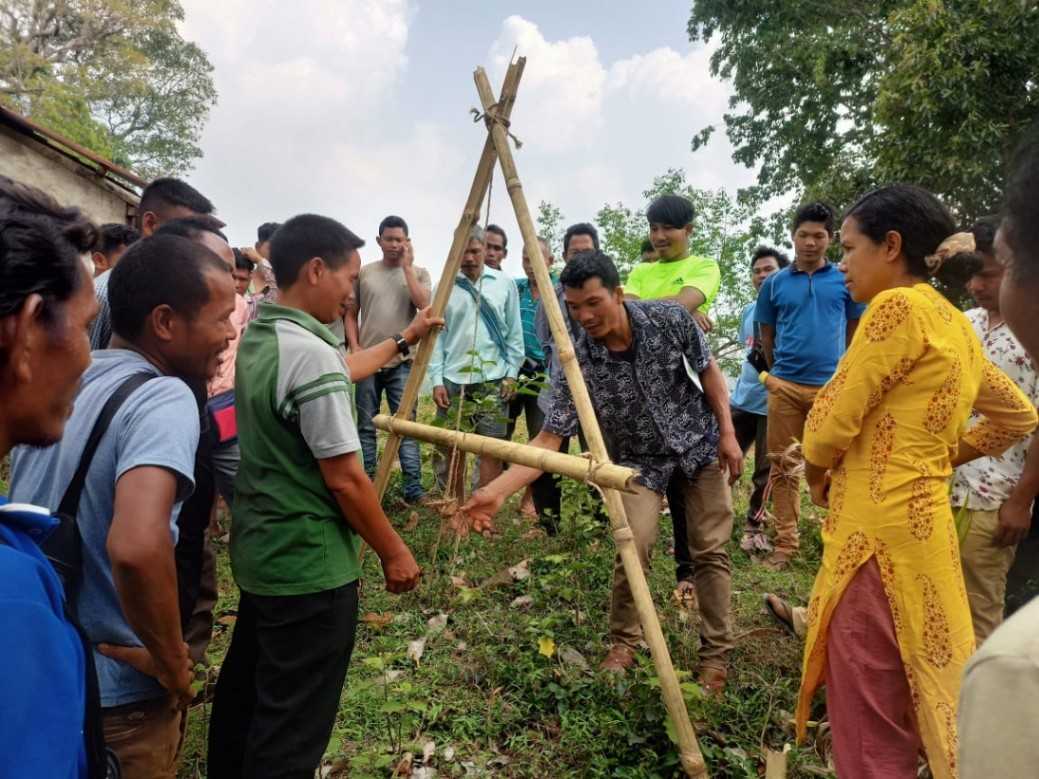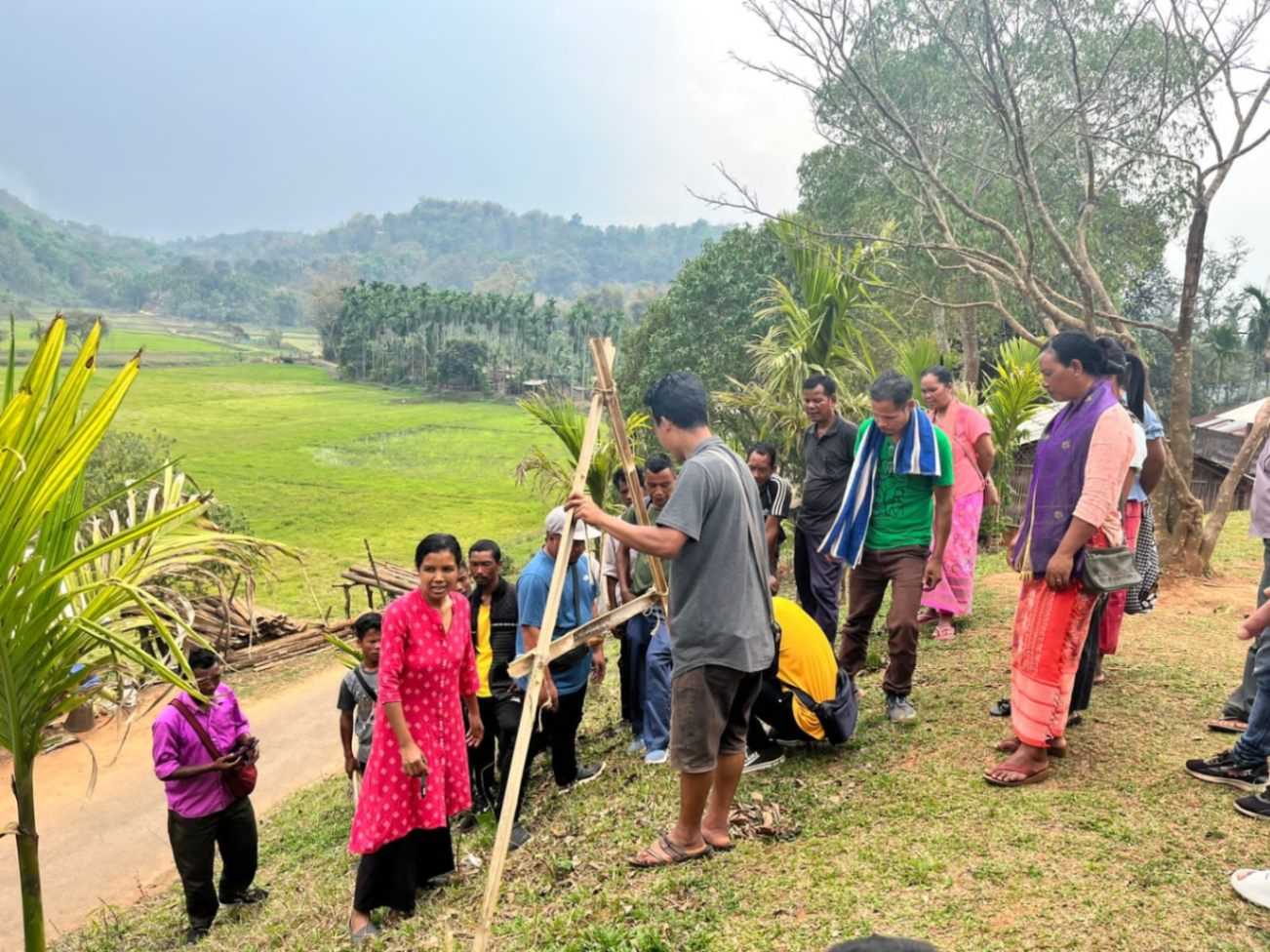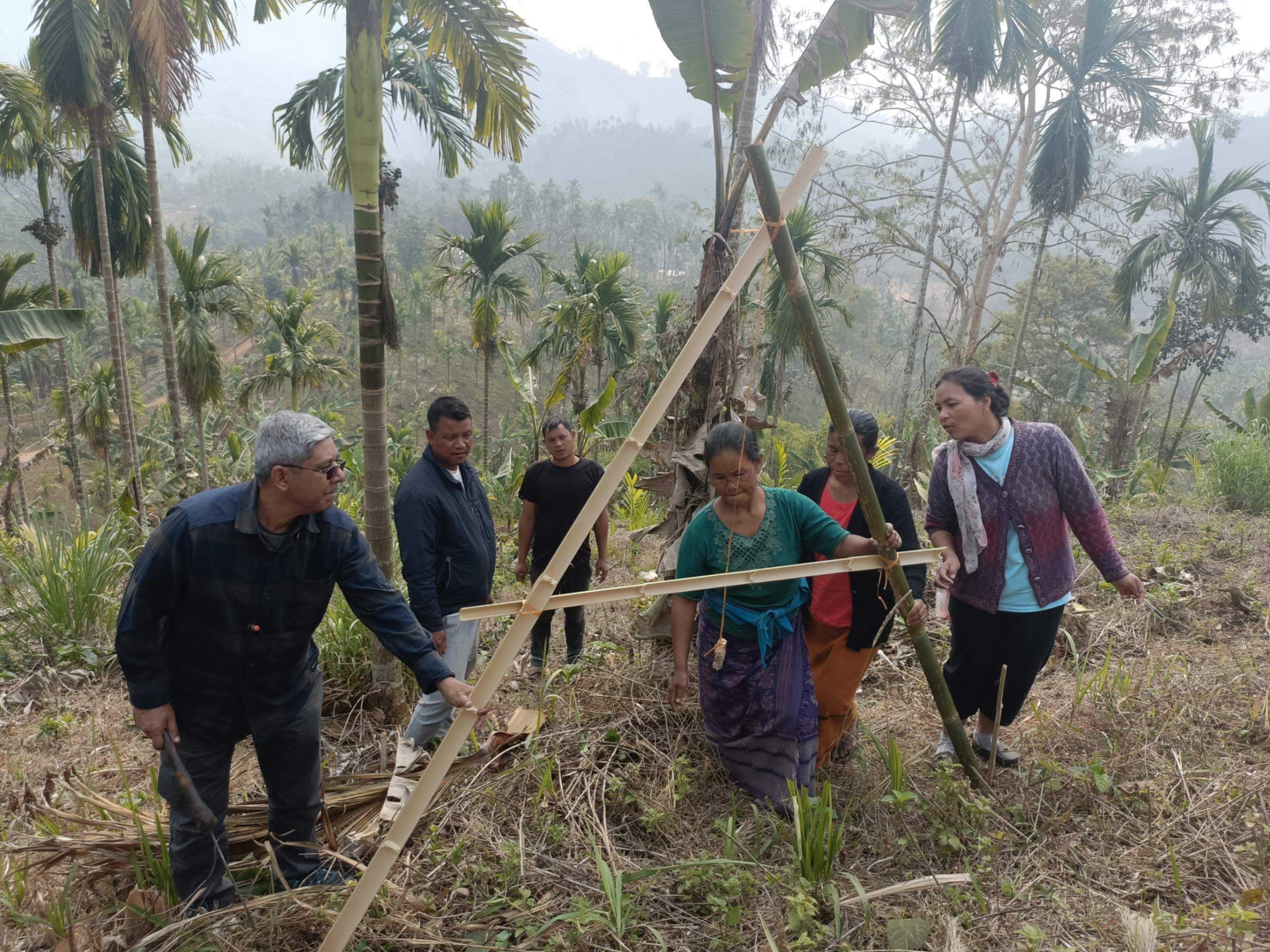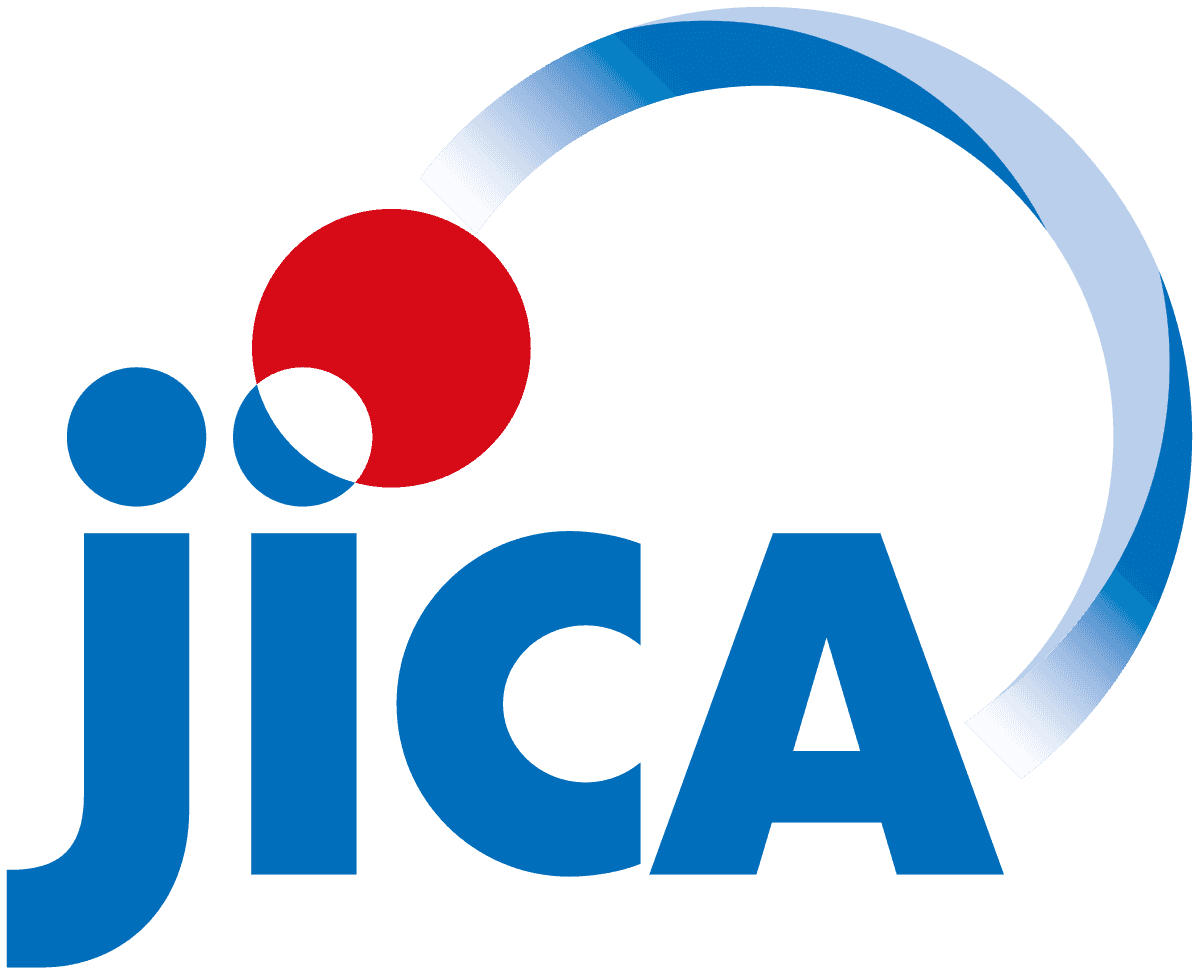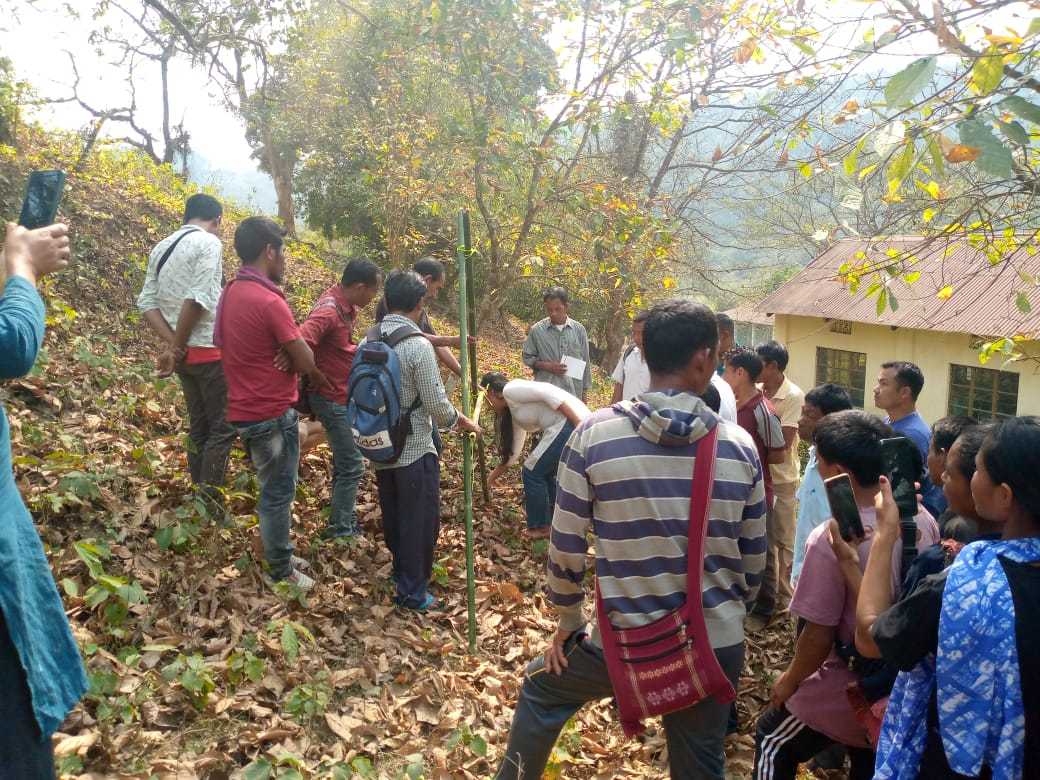
BASELINE SURVEY
To grasp the starting point of the Project in terms of physical and economic conditions, and the status of the target area, a baseline survey would be conducted. The types of data to be collected and the method for collection to be used need to be decided in accordance with the operation and effect indicators of the Project. The baseline survey should be designed and conducted in such a manner that the data captured in it can be used for future assessment of the Project. About 10% of the beneficiaries, households or villages should constitute the samples for the baseline survey.
ANNUAL PLANNING AND REVIEW MEETINGS
To plan for the operation in the year ahead, with due consideration to the previous years performance, annual planning and review meetings will be convened each year. The meetings should be held at the SPMU level, but a requirement for the meetings at district/divisional level will be also considered based on the geographical spread of the Project target villages. Progress and specific achievements for the year will be reviewed in the meeting, while any issues and challenges may be identified. Based on the progress review, the implementation plan for the following year will be worked out. However, during the first 2 to 3 years of the Project, emphasis should be given on laying the foundation of the Project,for example, motivating communities and establishing relationships between Project personnel and the communities, rather than simply meeting physical and financial targets. Therefore, the realistic targetsshould be set for the initial years of the Project.
STATUTORY AUDIT
Transparency, particularly related to the utilization of project funds, is important. Implementation bodies of all levels in the Project must have statutory financial audit conducted every year. There will be both internal and external audits. MBDA already has audit practice in place, so the Project will also follow the same practice. Internal audits will be conducted half-yearly while the external audit will be conducted annually. A qualified chartered accounting firm should be identified and appointed for this purpose.
MID-TERM EVALUATION
In some projects, mid-term evaluation is conducted to monitor the progress up to that point. A mid-term evaluation will identify issues and constraints faced by the Project and chart a way forward for the remaining duration of the Project. In this Project, since it is the first Japanese ODA Loan project in the forestry sector in the state and has a different pattern of implementation from other forestry sector projects funded by JICA, conducting a mid-term evaluation is highly recommended. The evaluation should be conducted by a third party around the fifth year of the Project. Timing and terms of reference for the third party evaluation shall be discussed between SPMU and JICA.
TERMINAL EVALUATION
Towards the end or at the end of the Project, a terminal evaluation may also be conducted. An evaluation study at the end of the Projectcan take stock of projectoutputs and achievements in quantitative and qualitative terms. It can also obtain lessons learnt from the experience of projectimplementation and document them. Data collected and organized through the terminal evaluation can help prepare the Project Completion Report, a requirement for Japanese ODA Loan projects. The same information can also be referred to when ex-post evaluation is conducted by JICA two to three years after the project completion.


